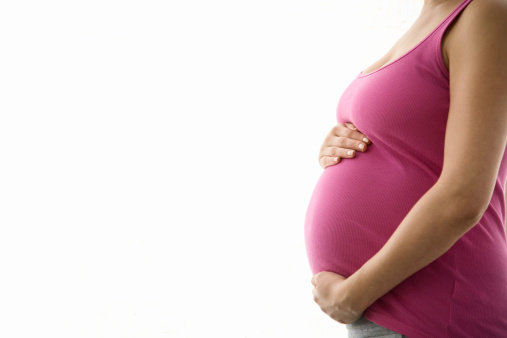Lack of continuity can make women less likely to seek perinatal mental health support

Poor continuity of care may have a negative impact on women’s likelihood to seek help when experiencing postpartum depression or other types of perinatal psychological distress.
A meta-synthesis of 24 qualitative studies on women’s experiences in seeking help with psychological distress, published in the BJGP today, identified healthcare staff as one of the key factors in asking for help.
Women who receive help for perinatal mental illness achieve better outcomes for both themselves and their babies.
Women were more likely to seek support the understood a healthcare professional’s role in supporting them with psychological distress, and when staff were non-judgemental and accepting.
The paper says: ‘Poor continuity of care may negatively influence help seeking. This is consistent with evidence identifying that provision of care by the same HCP over time is the desired clinical model in maternity services.’
The other key factors were:
- The ability to recognise one’s own symptoms, which isn’t necessarily helped by screening and can be affected by their personal experiences, knowledge of mental illness and even vocabulary for articulating their situation.
- Fear of stigma, as the report ‘identified that women felt under pressure to be “good mothers” and that “failure” impacted negatively on their mental health and their likelihood to seek help’.
Dr Judy Shakespeare, spokesperson for perinatal mental health for the RCGP, and co-author of the study, said: ‘The routine six-week postnatal check, offered to all new mothers after giving birth, is an important opportunity for GPs and new mothers to discuss issues around mental health and wellbeing – and begin to address any resulting concerns.
‘But it’s incredibly hard for GPs to explore all the physical and psychological factors affecting our patients’ health within the time constraints of the consultation as it stands.
‘We need these checks to be much longer as standard, so that we are able to give the same attention to the new mother as we do to the baby – but this needs many more resources for our service, many more GPs, and many more practice staff.’
Seeking help for perinatal psychological distress: a meta-synthesis of women’s experiences; BJGP, 29 August
Pulse October survey
Take our July 2025 survey to potentially win £1.000 worth of tokens

Visit Pulse Reference for details on 140 symptoms, including easily searchable symptoms and categories, offering you a free platform to check symptoms and receive potential diagnoses during consultations.










